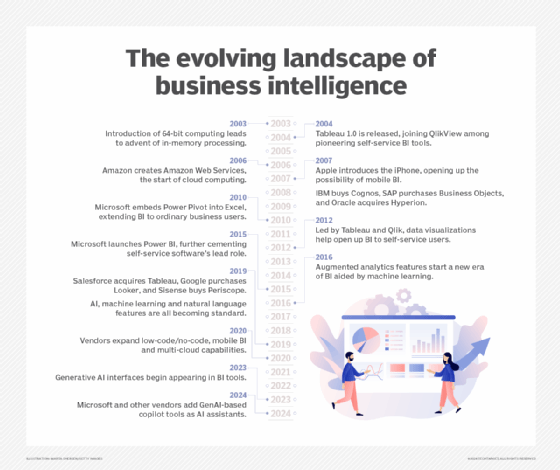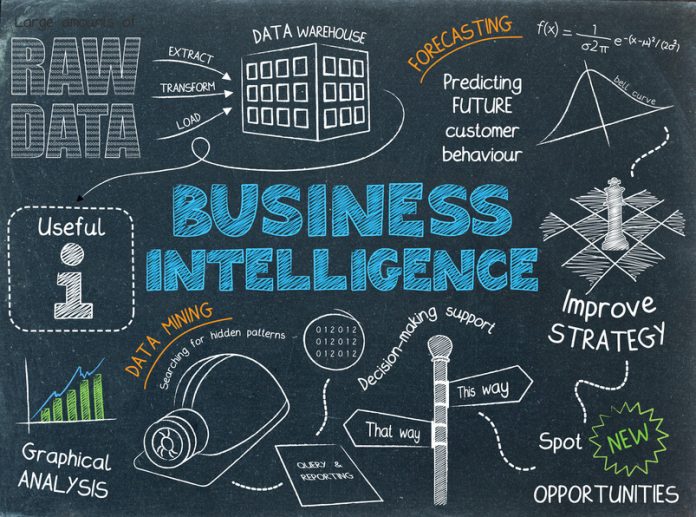

- #Business intelligence definition articles how to#
- #Business intelligence definition articles professional#
Professional certificates or online courses: A professional certificate or course are good ways to build needed skills like data analysis or familiarity with Power BI. There are several paths you can take to become a business intelligence analyst. Having the written and verbal communication skills to synthesize research and recommendations is often core to the role. Familiarity with coding languages like Python, Java, or R is often sought after in job listings.įinancial and business knowledge: A good understanding of business practices and finance will be critical to providing insights on improving the business.Ĭommunication: A business intelligence analyst often speaks in front of teams or creates written reports in order to share findings. These tools help create graphs and other visualizations of data.Ĭoding languages: As a BI analyst, you can be asked to create systems or processes to help analyze data and monitor key aspects of the business. Read more: 5 SQL Certifications for Your Data Careerĭata visualization: Knowledge of services like Tableau and Power BI are often cited in job descriptions as important skills to have. Familiarity with data analysis tools that offer machine learning solutions has also become an increasingly sought-after skill among BI analysts.

#Business intelligence definition articles how to#
Knowing how to manage data using common data tools such as Excel and SQL are essential. Here are skills a BI analyst typically has and the paths you can take to acquire them.ĭatabase tools: Working with data will be a key part of your job.

Business Analyst: What’s the Difference? How to be a business intelligence analyst Business intelligence analysts will also make recommendations to improve or grow the business based on their findings.Ī business intelligence analyst in the US makes an average salary of $84,635, according to June 2021 data from Glassdoor. Sharing findings: Sharing findings can include anything from visualizing data in graphs and charts, to putting reports together and presenting in front of other teams or clients. For example, a BI analyst might analyze market trends to understand how a company might need to adapt its product. Interpreting the data: Finding patterns or seeing areas in the data that signal a potential for improvement in business practices is a key part of a BI analyst’s job. BI analysts can also be asked to program tools and data models to help visualize or monitor data. Though exact job descriptions can vary, a business intelligence analyst’s role can be broadly broken down into three parts:īreaking down key business data: A business intelligence analyst might gather, clean, and analyze data like revenue, sales, market information, or customer engagement metrics of a business. What does a business intelligence analyst do?Ī business intelligence analyst, also known as a BI analyst, uses data and other information to help organizations make sound business decisions.


 0 kommentar(er)
0 kommentar(er)
